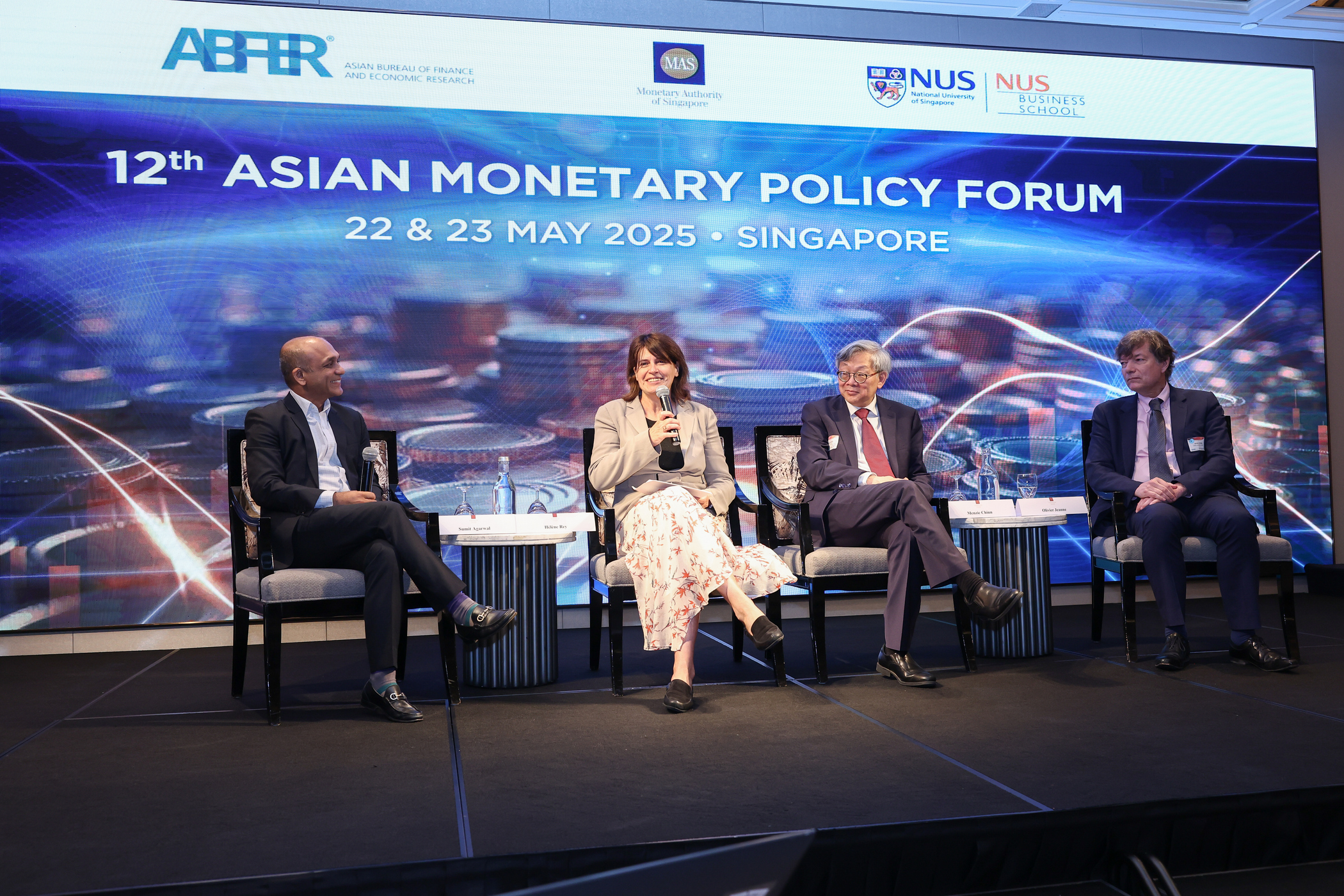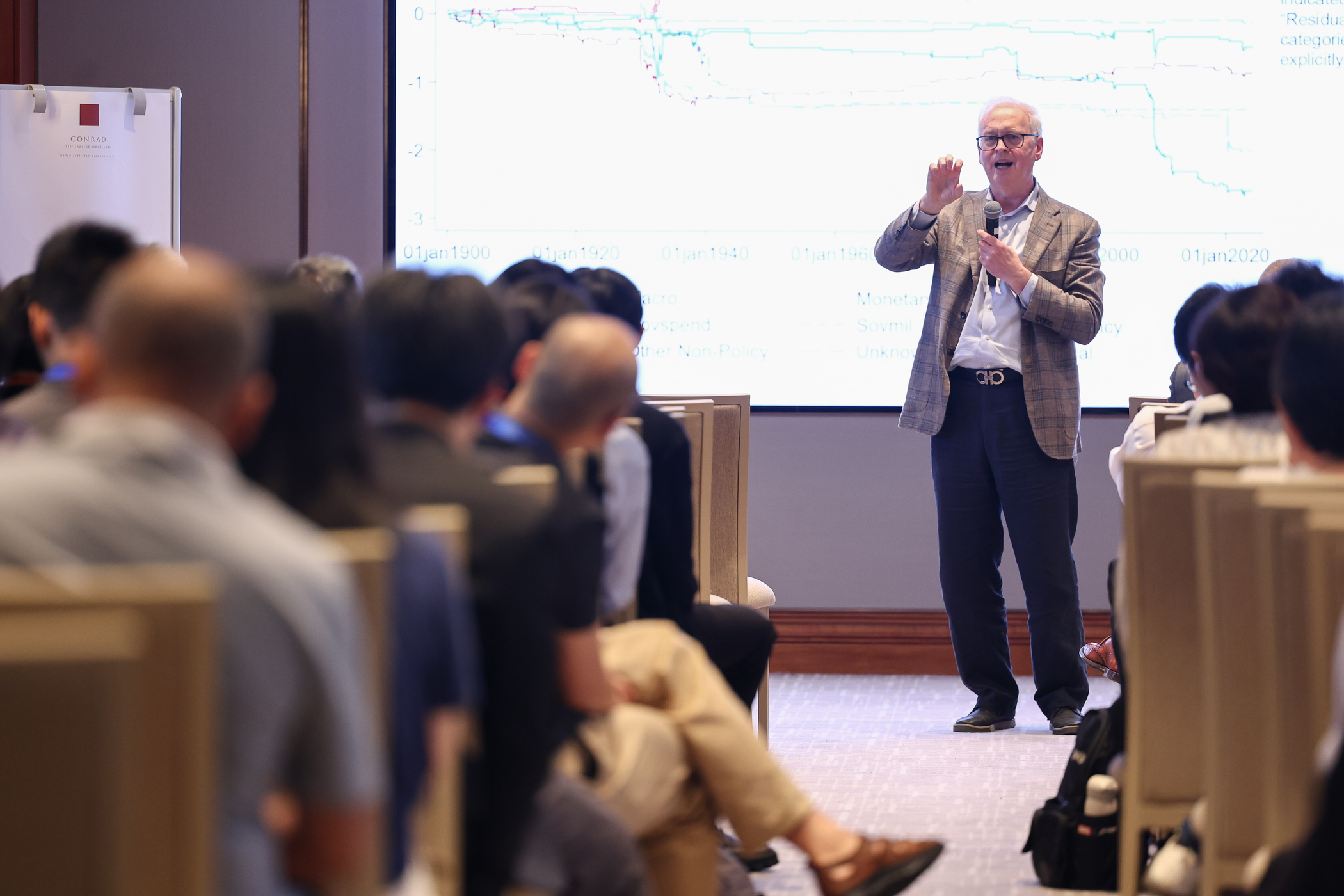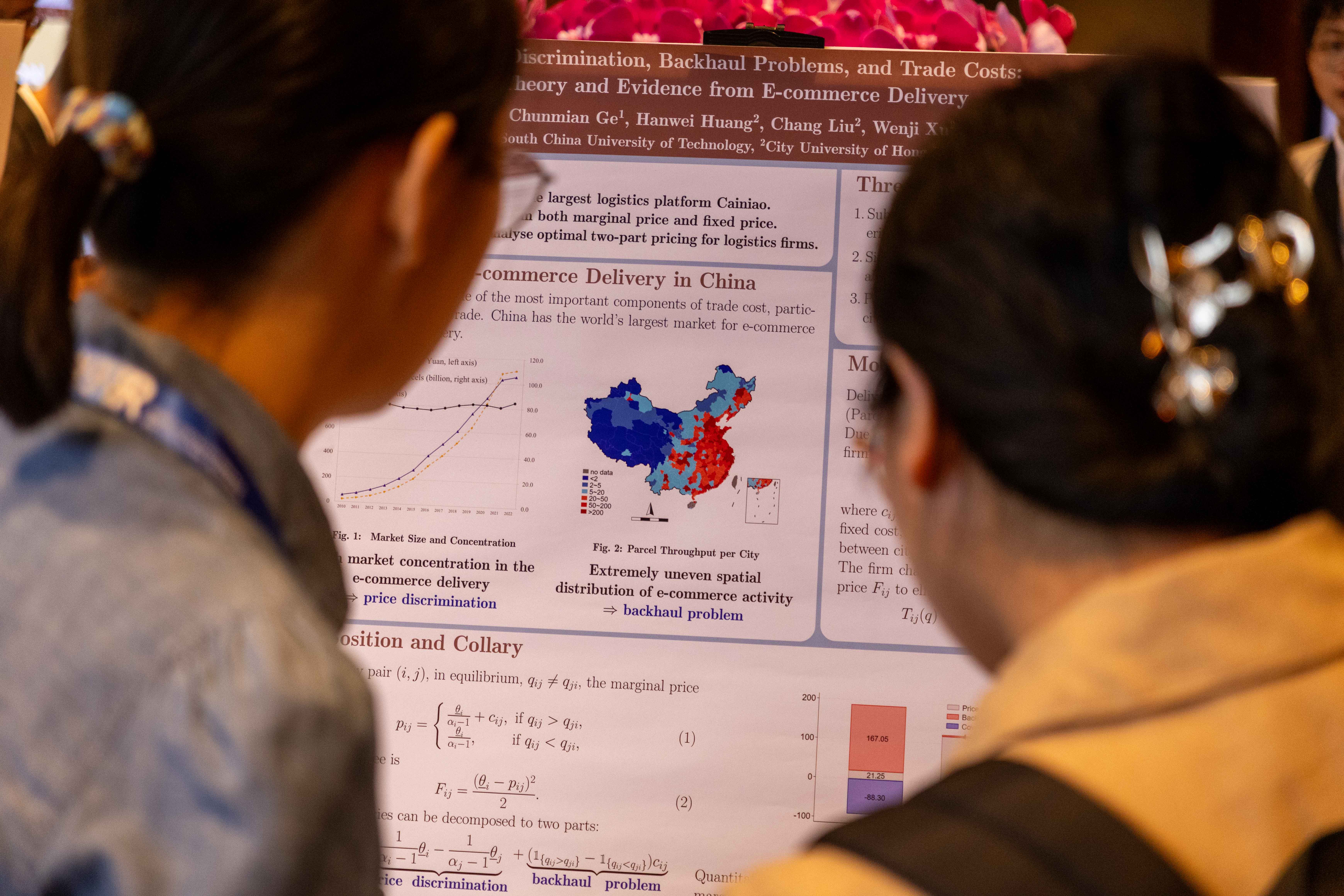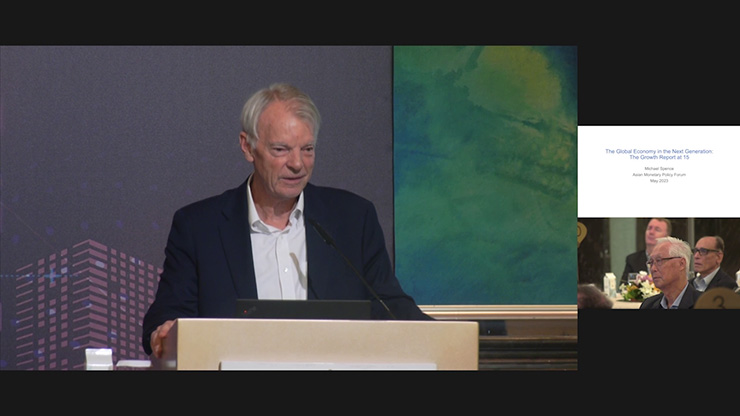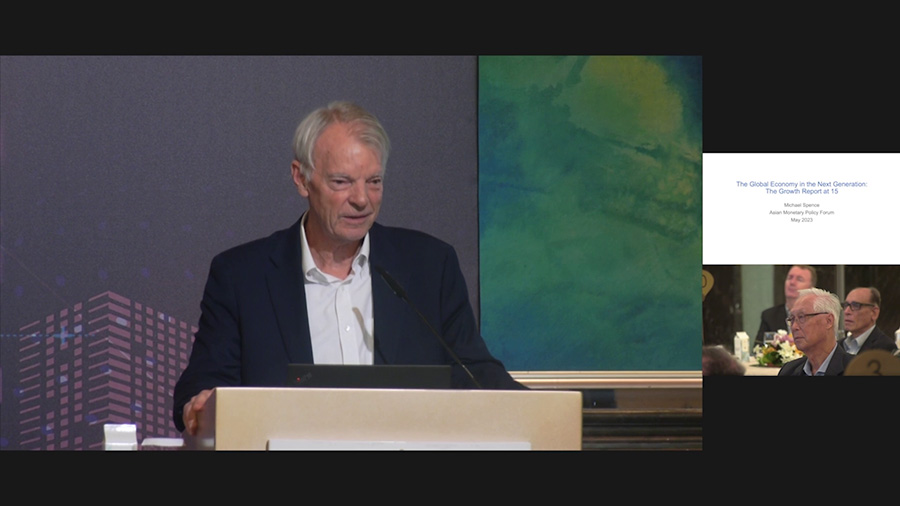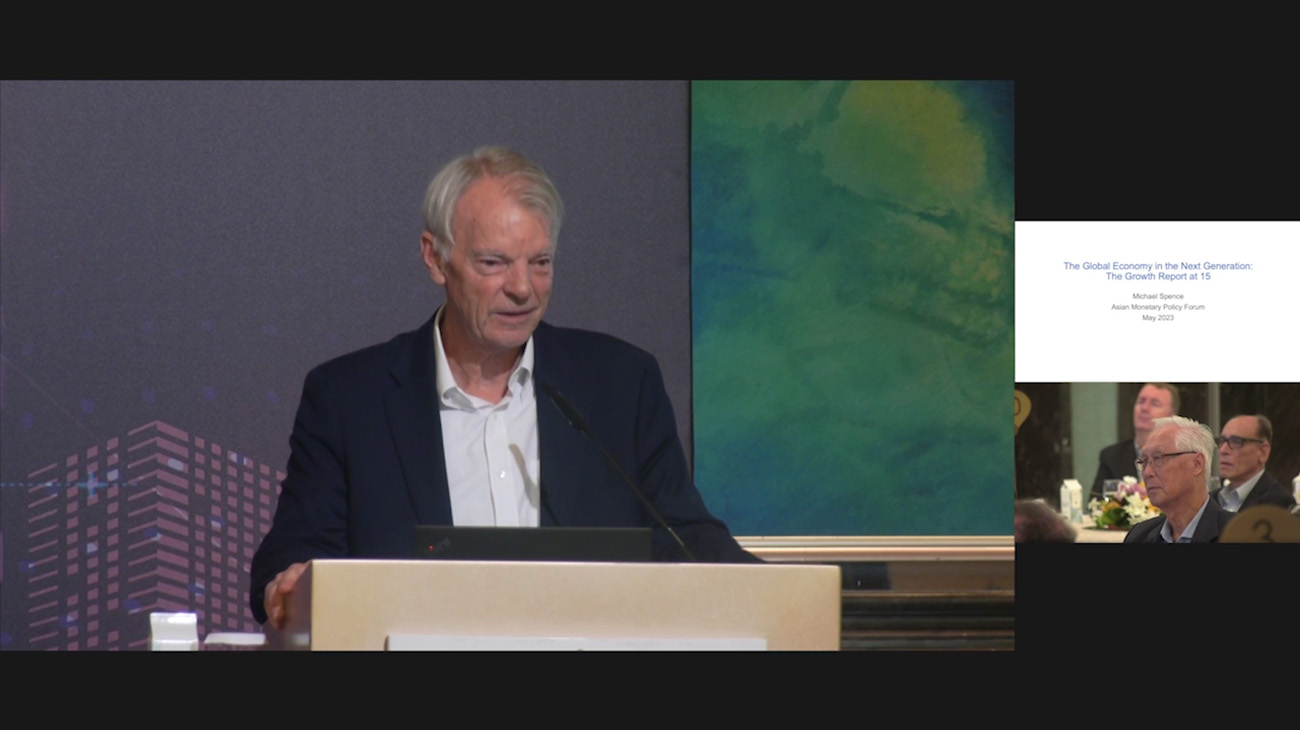ABFER-GIC Industry Panel & Roundtable
ABFER Welcome Dinner
Long-Term Alternative Capital Investing
In our search for alpha in the midst of a compression in fees, interest rates, real returns, and global economic growth, alternative assets have become the new hunting ground for asset managers and asset owners.
For example, a large funding gap exists in the infrastructure space, namely in the construction of ports, roads, and mass public transport. Yet the returns are considered long-term, lucrative and stable if they are bankable and well-managed. Apart from institutional money, private sector participation has been prescribed as a remedy for part of this funding shortfall - but this requires a supportive ecosystem to render infrastructure assets more palatable and tradable for all investors, including mass affluent and retail investors. One school of thought believes asset security tokenization via blockchain technology can play an important role in developing this ecosystem.
In real estate, investors seeking alpha are not only investing in non-traditional sectors such student housing, but also improving cost efficiencies and managing the technological disruptions affecting the business models of their tenants. Even in the more liquid alternative space, hedge funds have been looking for alpha via a range of alternative data.
At this ABFER-GIC Industry Panel, we’ll discuss the future of long term alternative capital investing in Asia, given the increasing role of technology in terms of disruption, greater efficiency, transparency and liquidity. The region stands in the midst of this opportunity, especially given the interest of Asia’s financial centres to serve as hubs for asset management, infrastructure financing, and financial innovation.
2019
Program is subjected to change. Updated on 12 April 2019.
Speakers
-
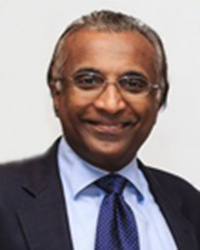
Professor Joseph Cherian (Moderator)
Practice Professor of Finance and Director of the Centre for Asset Management Research & Investments (CAMRI) at NUS Business School, National University of Singapore
Joseph Cherian Joseph Cherian is Practice Professor of Finance and Director of the Centre for Asset Management Research & Investments (CAMRI) at NUS Business School, where he also serves on the School's Executive Education Board. He was formerly an Executive-in-Residence at Cornell University's Johnson Graduate School of Management (2008 – 2009), where he remains an Emeritus member of the Johnson Dean's Advisory Council after serving two terms (2009 – 2017).
Prior to that, Joe was Managing Director, Global Head, and CIO of the Quantitative Strategies Group within Credit Suisse Alternative Investments in New York, where he had direct responsibility for over US$67 billion in client assets managed to a quantitative discipline. While at Credit Suisse, Joe also served on the Global Executive Committee and various senior management, investments, and risk committees of the Asset Management division. Joe joined Credit Suisse in 2004 from Banc of America Capital Management, also in New York, where he was Managing Director and Senior Portfolio Manager of their asset allocation funds. Previously, he was an Associate Professor of Finance at Boston University. He has authored numerous articles for financial journals, and serves on the Scientific Advisory Board of Nipun Capital, a boutique hedge fund based in San Francisco. Joe has or had appointments at the Ministry of Manpower's CPF Advisory Panel, the Singapore International Mediation Centre's Panel of Technical Experts, the National Research Foundation's Early Stage Venture Fund Evaluation Panel, the SNEC/SERI Medical Director’s Advisory Council in Singapore; the Melbourne Mercer Global Pension Index (MMGPI) Steering Committee in Australia; the United Nations Social Impact Fund (UNDP-UNSIF) Research Council and the Journal of Alternative Investments' Editorial Board in the US. He formerly served as a review board member of the Research Foundation of the CFA Institute, and on the Scientific Advisory Boards of net Decide Corp., a pioneering RoboAdvisory firm, Orissa Group, a pioneer in the development and dissemination of liquidity-based data and analytical products across multiple asset classes, and SKG Inc., all based in the US. Joe holds a B.S. in Electrical Engineering from MIT, and M.S. and Ph.D. degrees in Finance from Cornell University. -
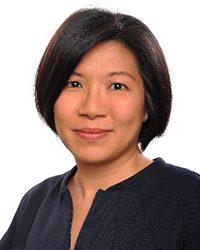
Ms Audra Low
Head of Origination & Structuring, Clifford Capital
Audra Low is is a founding member of the Clifford Capital management team, with overall responsibility for client coverage and transaction execution. Since joining Clifford Capital in 2012, Ms Low has overseen the successful completion of over $1.5bn of financing across the infrastructure, offshore marine and shipping sectors globally.
Prior to that, she spent 12 years in project finance with HSBC, playing a key role in the origination and financing of numerous award-winning projects in South East Asia, both as financial advisor and lead arranger. She brings with her a wealth of experience of working with Singapore-based companies on infrastructure projects both locally and overseas. Ms Low has an MBA from New York University Stern School of Business and a Bachelor of Accountancy from Nanyang Technological University. -

Professor Randall Morck
Stephen A. Jarislowsky Distinguished Chair in Finance, Distinguished University Professor, University of Alberta
Professor Randall Morck holds the Stephen A. Jarislowsky Distinguished Chair in Finance and a Distinguished University Professorship at the University of Alberta’s Alberta School of Business. He earned an honors B.Sc. summa cum laude in applied mathematics and economics at Yale and a Ph.D. in economics at Harvard. He returns periodically to both almae matres – most recently as William Lyon Mackenzie King Visiting Professor at Harvard in 2005 and as Schoen Visiting Professor of Finance at Yale in 2009.
Professor Morck is a Senior Fellow and Vice President of the Asian Bureau of Financial and Economics Research, Research Associate with the National Bureau of Economic Research, Research Associate with the European Corporate Governance Institute, Senior Research Associate in Harvard Law School’s Labor and Worklife Program, and Inaugural Fellow with the International Corporate Governance Society. Google Scholar records almost 36,000 citations to his over 100 research articles, and the Social Sciences Research Network ranks him the 54th most highly cited of 8,000 economics author worldwide. His articles appear in leading research journals including the American Economic Review, Journal of Finance, Review of Financial Studies, and Journal of Financial Economics, in which two won “citations all-star award”.
In recent years he has spoken at Brown, Cambridge, Colombia, Cornell, Dartmouth, Harvard, HEC, LSE, MIT, New York University, Princeton, Stanford, the University of California at Berkeley, Yale, and other leading research universities. He is a frequent speaker at conferences in North America and abroad and has advised a number of governments as well as the IMF and World Bank. -
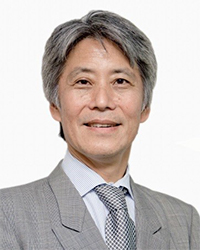
Mr Kiyoshi Nishimura
Chief Executive Officer, Credit Guarantee & Investment Facility (CGIF)
Kiyoshi Nishimura is CEO of the Credit Guarantee and Investment Facility (CGIF) and has started up this new multilateral guarantee facility which was established in November 2010 by ASEAN+3 countries and ADB to support development of local currency bond markets in the region.
He has extensive experience in development banking and international finance and held senior positions at various multilateral/bilateral institutions such as European Bank for Reconstruction and Development, Japan Bank for International Cooperation, Export-Import Bank of Japan and the International Monetary Fund before joining CGIF. CGIF is a key component of the Asian Bond Markets Initiative (ABMI) of the ASEAN+3 cooperation. -
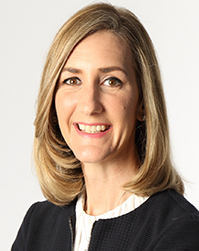
Ms Tracy Stroh
Managing Director & Head, Global Research & Strategic Planning - Real Estate, GIC
Tracy Stroh is Managing Director of GIC Real Estate (GIC RE) based in Singapore. She is the Global Head of the Research and Strategic Planning (RSP) team and Supervising Managing Director of the Integrated Real Estate Strategies (IRES) investment group.
RSP undertakes property research and manages the design, composition and risk framework for the global real estate portfolio. IRES executes pan-Asian investment strategies by adopting a thematic approach while providing flexible investment structures and solutions.
Ms. Stroh was previously Deputy Head of GIC RE Europe Investments, based in London. She has also worked in the San Francisco office and was responsible for structuring and executing direct investments, fund investments, joint venture, and co-investments in the US and Mexico.
Prior to joining GIC RE in 2001, Ms. Stroh was an analyst for Catellus Development Corporation, where she focused on industrial, mixed-use and land development.
Ms. Stroh received a B.A. from the University of California, Irvine. -
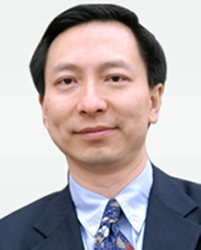
Professor Shang-Jin Wei
N.T. Wang Professor of Chinese Business and Economy and Professor of Finance and Economics, Columbia University
Shang-Jin Wei is N.T. Wang Professor of Chinese Business and Economy and Professor of Finance and Economics at Columbia University’s Graduate School of Business and School of International and Public Affairs.
During 2014-2016, Dr. Wei served as Chief Economist of Asian Development Bank and Director General of its Economic Research and Regional Cooperation Department. He was ADB’s chief spokesperson on economic trends and economic development in Asia, advised ADB’s President on economic development issues, led the bank’s analytical support for regional cooperation fora including ASEAN+3 (China, Japan, and Korea) and APEC, growth strategy diagnostics for developing member countries, as well as research on macroeconomic, financial, labor market, and globalization issues.
Prior to his Columbia appointment in 2007, he was Assistant Director and Chief of Trade and Investment Division at the International Monetary Fund. He was the IMF’s Chief of Mission to Myanmar (Burma) in 2004. He previously held the positions of Associate Professor of Public Policy at Harvard University, the New Century Chair in Trade and International Economics at the Brookings Institution, and Advisor at the World Bank.
He has been a consultant to numerous government organizations including the U.S. Board of Governors of the Federal Reserve System, United Nations Economic Commission on Europe, and United Nations Development Program, the Asian Development Bank, and to private companies such as PricewaterhouseCoopers. He holds a PhD in economics and M.S. in finance from the University of California, Berkeley.
Dr. Wei is a noted scholar on international finance, trade, macroeconomics, and China. He is a recipient of the Sun Yefang Prize for Distinguished Contributions to Economics (for the invention of the Competitive Saving Motive published in Journal of Political Economy), the Zhang Peifang Prize for Contributions to Economics of Development (for pioneering work on measurement of global value chains published in American Economic Review), and the Gregory Chow Award for Best Research Paper; some of his research was supported by a grant from the U.S. National Science Foundation.
Dr. Wei’s research has been published in top academic journals including American Economic Review, Journal of Political Economy, Quarterly Journal of Economics, Journal of Finance, Review of Financial Studies, Journal of International Economics, and Journal of Development Economics, and reported in popular media including Financial Times, Wall Street Journal, Economist, Business Week, Times, US News and World Report, Chicago Tribune, South China Morning Post, and other international news media. -
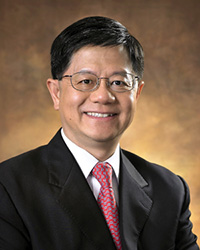
Professor Bernard Yeung
Dean and Stephen Riady Distinguished Professor in Finance and Strategic Management, National University of Singapore
President of ABFERBernard Yeung is the Dean and Stephen Riady Distinguished Professor in Finance and Strategic Management and President of the Asian Bureau of Finance and Economic Research at National University of Singapore (NUS) Business School. Before joining NUS in June 2008, he was the Abraham Krasnoff Professor in Global Business, Economics, and Management at New York University (NYU) Stern School of Business. He has also served as the Director of the NYU China House, the honorary co-chair of the Strategy Department of the Peking University Guanghua School of Management. From 1988 to 1999, he taught at the University of Michigan and at the University of Alberta from 1983 to 1988.
Professor Yeung has published widely in academic journals covering topics in Finance, Economics, and Strategy; his writing also appears in top-tier media publications such as The Financial Times, Economist, and The Wall Street Journal.
He has also won several scholarly honours and awards for academic excellence, including the Irwin Outstanding Educator Award (2013) from the Business Policy and Strategy (BPS) division of the Academy of Management and Teaching Excellence Awards in NYU’s Stern School of Business and University of Michigan’s Ross School of Business. He is an elected Fellow of the Academy of International Business.
Professor Yeung is a member of the Social Science Research Council (SSRC) in Singapore. He was a member of the Economic Strategies Committee in Singapore (2009) and also a member of the Financial Research Council of the Monetary Authority of Singapore (2010 -2013).
Professor Yeung sits on the 3rd Advisory Board of the Antai College of Economics and Management at Shanghai Jiao Tong University, the Advisory Council of the Economics and Management School of Wuhan University, and an independent Non-executive Director of the Bank of China (BOC) Aviation Limited.
Professor Yeung received his Bachelor of Arts in Economics and Mathematics from the University of Western Ontario and his MBA and PhD degrees from the Graduate School of Business at the University of Chicago.
- 1
Supported by


